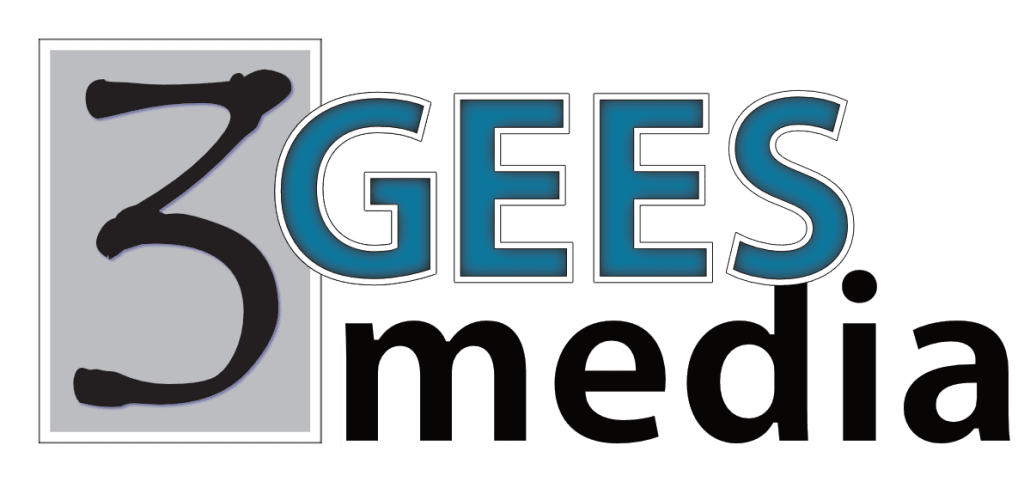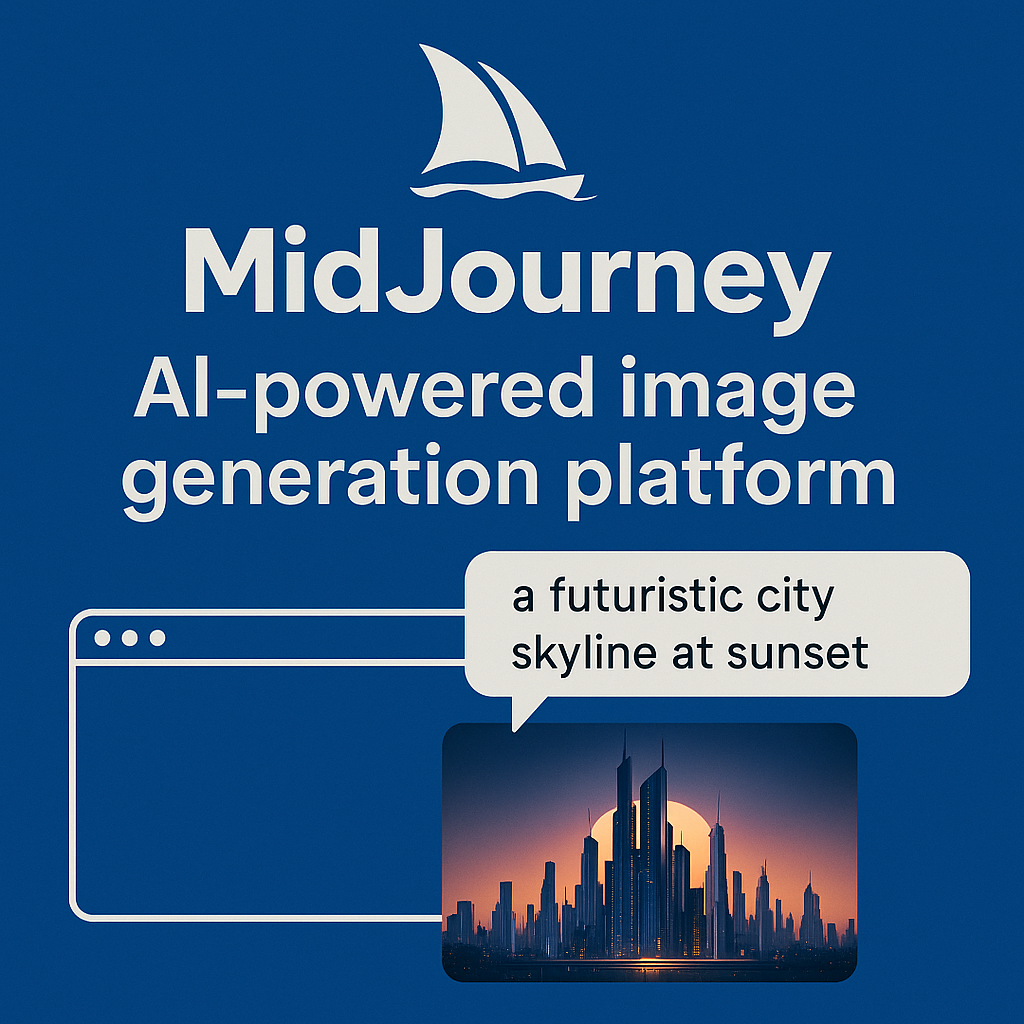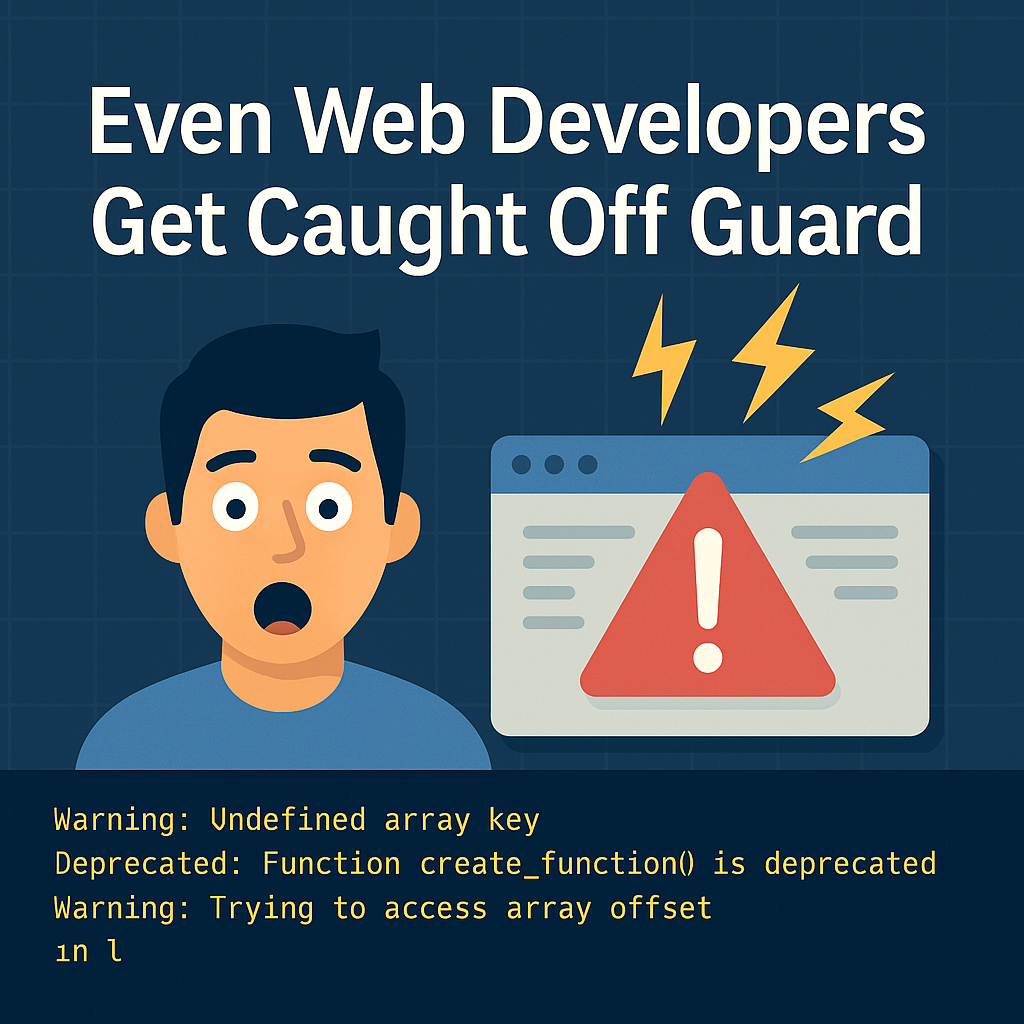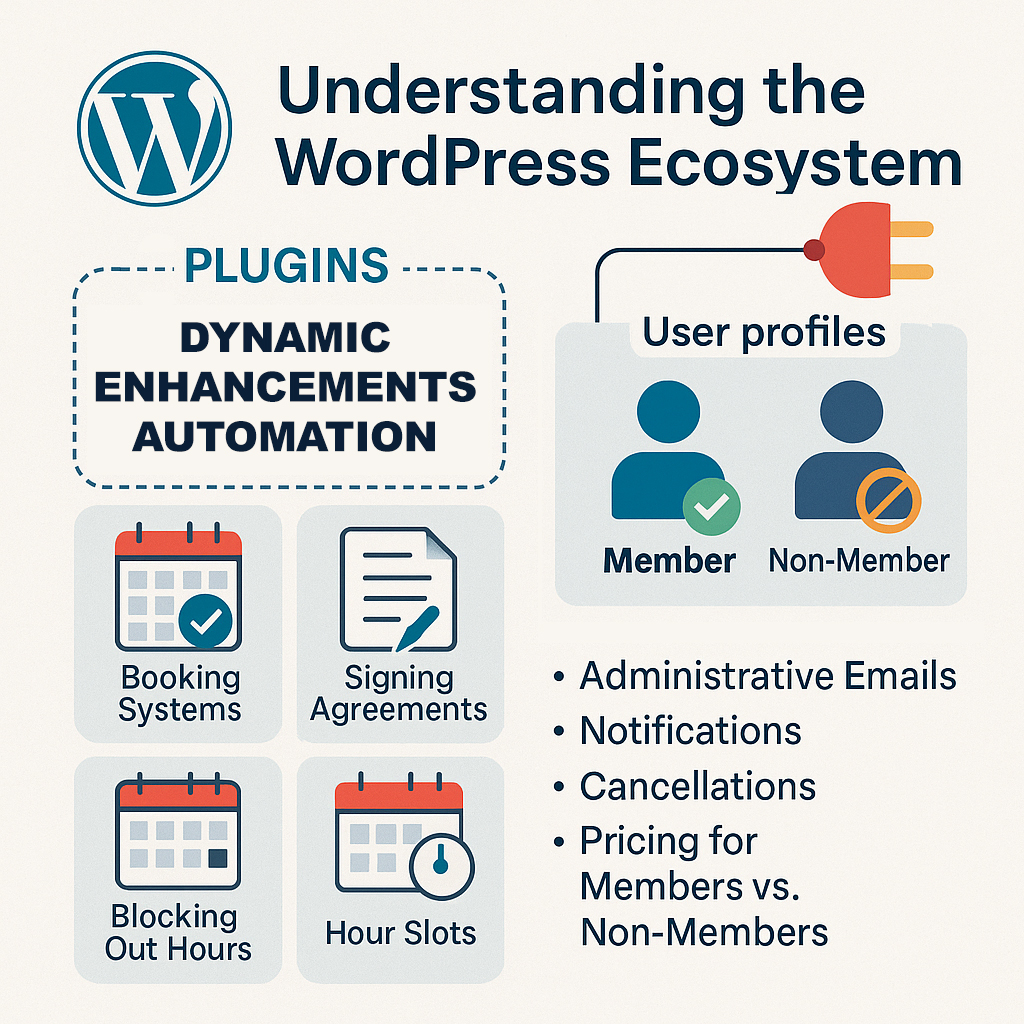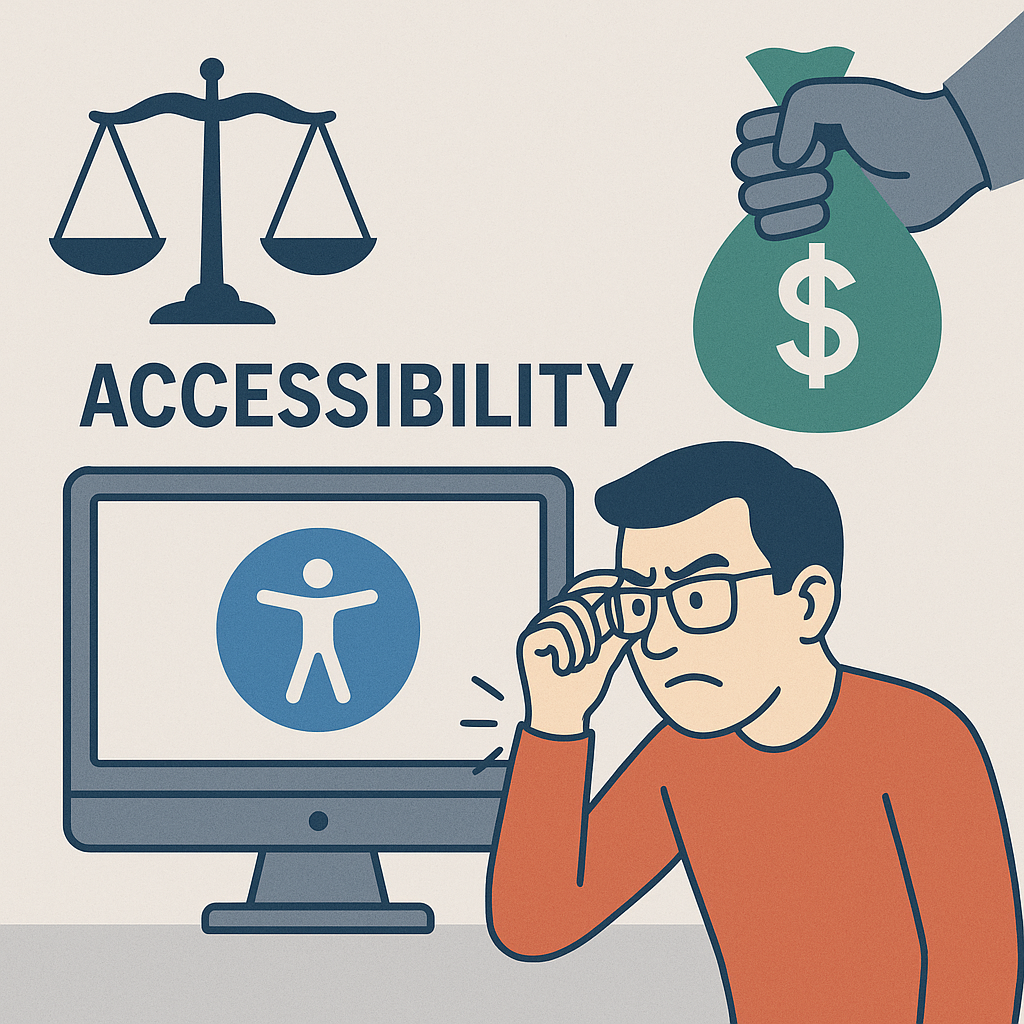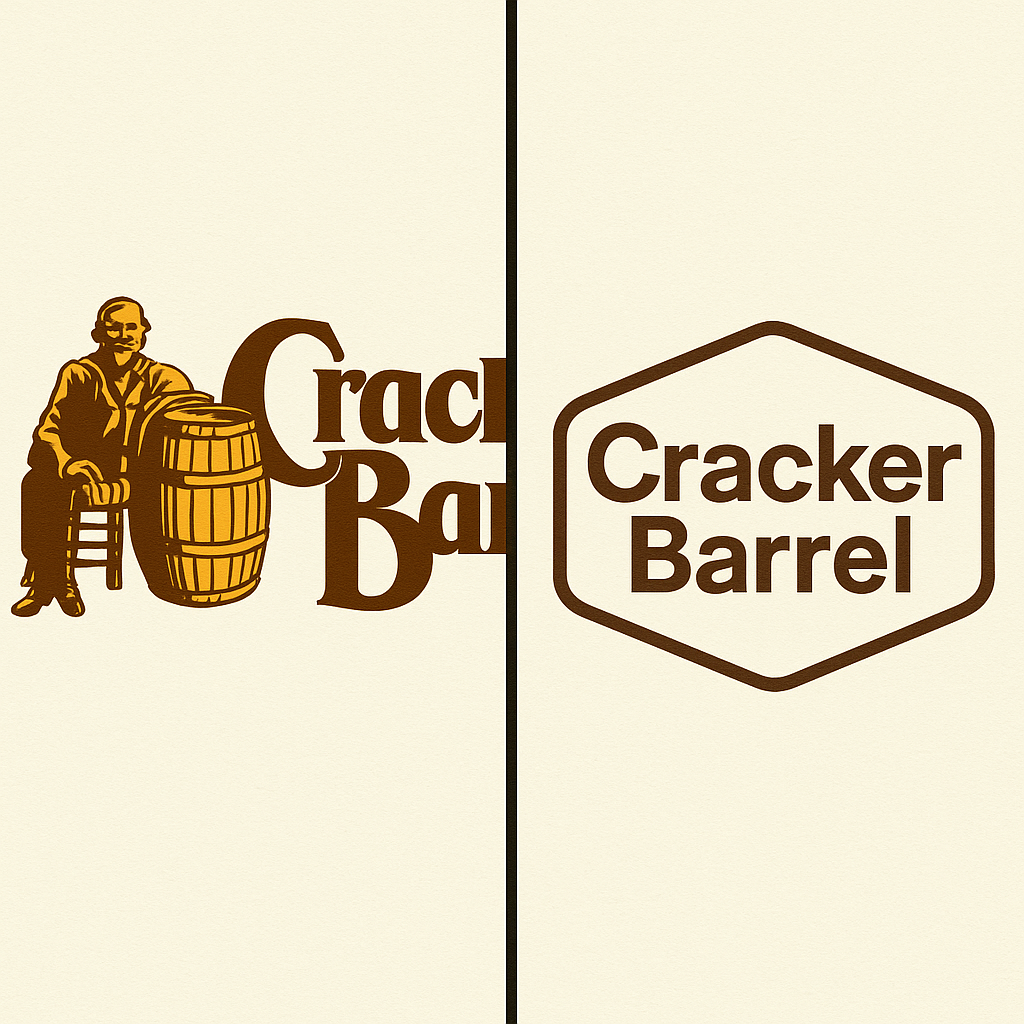Summary: Disney and Universal Sue Midjourney for AI-Powered Plagiarism
On June 11, 2025, major film studios including Disney®, Marvel®, Lucasfilm®, 20th Century Studios™, Universal Pictures®, and DreamWorks® filed a federal lawsuit against the AI image-generation platform Midjourney™. The lawsuit claims that Midjourney engaged in widespread and deliberate copyright infringement by training its artificial intelligence model using massive quantities of copyrighted visual content without permission. The complaint refers to Midjourney as a “bottomless pit of plagiarism.”
According to the studios, the AI was trained on images of iconic characters such as Darth Vader, Elsa, Yoda, and the Minions, and the platform continues to allow users to recreate those characters with minimal effort using simple prompts. The plaintiffs allege that Midjourney ignored prior requests to implement technical safeguards or licensing agreements, making its actions “calculated and willful.”
The lawsuit seeks both injunctive relief to prevent further infringements and monetary damages for the unauthorized use of the studios’ intellectual property. This legal action could have far-reaching implications for how generative AI tools interact with copyrighted content.
Sources:
- AV Club – Disney and Universal sue Midjourney for copyright infringement
- Associated Press – Disney and Universal sue Midjourney
- Wall Street Journal – AI-generated Princesses and Minions lawsuit
- Business Insider – Midjourney’s AI images of Disney characters
Op‑Ed: The Fine Line Between AI Utility and IP Piracy
Artificial intelligence stands as one of the most transformative tools of our age. It enables creators, educators, and everyday users to generate content—articles, summaries, suggestions, even imagery—almost instantly, based solely on general concepts and public-domain knowledge. Within that context, AI offers immense value:
- Rapid content creation: It can produce draft articles, marketing copy, and social posts in seconds, freeing human creators to refine rather than build from scratch.
- Visual ideation at scale: AI-generated imagery, when based on generic prompts (“a bustling medieval market at sunset”), can help brainstorm or supplement creative work without infringing on any existing IP.
- Democratized creativity: AI tools allow individuals and small teams to generate professional-grade outputs that once required specialized skills or large budgets.
However, there’s a hard boundary when it comes to direct use of protected intellectual property. What Disney and Universal are challenging isn’t the use of AI for creative help—it’s the blatant replication of their copyrighted characters for profit or mass distribution: that is piracy.
General Content vs. IP Copying
- Generating a generic “wizard battling a dragon” is fair; prompting “Gandalf slaying a Balrog” or “Elsa unleashing an ice storm”—sourced directly from copyrighted works—is infringement.
- Even one infringing use for personal inspiration might be a grey area, but unfiltered mass replication crosses into willful misuse.
- Saying “AI scraped it all like a search engine” doesn’t absolve responsibility. No recognized legal defense allows wholesale copying of copyrighted archives without licensing.
✅ Where AI Shines—and Should Be Used
- For ideation and rough drafts, especially when rephrasing facts or discussing broad concepts.
- To visualize abstract ideas, cultural archetypes, or generic storyboards—where no known IP is implicated.
- To assist creators, not replace artists: think of AI as a paintbrush, not a template stealer.
🚫 What Crosses the Line into Piracy
- Using AI to produce images or text that depict distinct, copyrighted characters or storylines without permission.
- Offering public distribution or commercial gain from such depictions.
- Ignoring available measures—like filters, opt-outs, or licensing—that allow creators to protect their IP.
🎯 Conclusion
AI is a revolutionary force in content creation, enabling both professionals and amateurs to spin out ideas, visuals, and narratives like never before. But respecting intellectual property remains non-negotiable. When AI’s generative power infringes on the specific creations of others and reaps benefit from it—that’s not innovation; it’s piracy. We can—and should—use AI to enhance creativity, but not to shortcut ownership or remuneration of others’ artistic investments.
Sources:
- AV Club – Disney and Universal sue Midjourney for copyright infringement
- Associated Press – Disney and Universal sue Midjourney
- Wall Street Journal – AI-generated Princesses and Minions lawsuit
Trademark Disclaimer: All product names, logos, brands, characters, and trademarks mentioned in this article are the property of their respective owners. Use of these names, images, or marks does not imply any affiliation with or endorsement by the trademark holders. References to Disney®, Marvel®, Lucasfilm®, 20th Century Studios™, Universal Pictures®, DreamWorks®, Midjourney™ and any associated intellectual property are used for commentary and reporting purposes only under fair use provisions.
The characters: Darth Vader, Elsa, Yoda, and the Minions, are registered and copyrighted by their respective owners.
